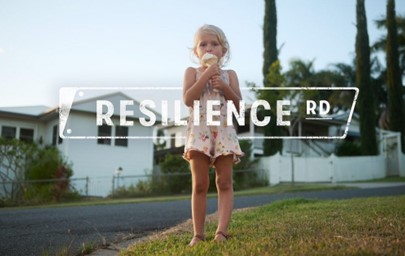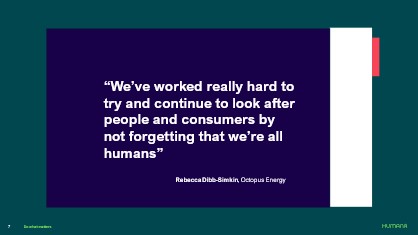Blog
Changing consumer needs: why relevance is key, but no longer enough
How insight communities help you keep up with ever-changing consumer expectations.


Katia Pallini
04 May 2023
4 min read
According to our latest study*, a whopping 61% of consumers say their priorities are constantly shifting due to the ever-evolving world around them. So, what do consumers expect from brands in this dynamic landscape where there is an increased pressure on people, planet and our wallet?
1. Be relevant: appeal to the head and heart
People want to be recognised and treated as unique individuals, not pigeon-holed by age or other descriptors. They want brands that reflect their unique identity and support then in their ever-changing life goals. According to our study, 63% thinks brands should help them live a better life. Relevance has become a hygiene factor, if your brand does not appeal to your audience’s head and heart, they will find their way to brands who do.
“63% thinks brands should help them live a better life”
Take the example of Suncorp, an Australian insurance company, that launched ‘one house to save many’. Inspired by the insight that 97% of disaster funding is spent on repairing and rebuilding, and only 3% is spent on prevention, they partnered with leading experts to design, build and test a home resilient to fire, flood, storm and cyclones. They did not stop at building a prototype, but through this project they are also actively educating people how to make their homes more resilient. It’s a good example of how Suncorp made their product more relevant by reframing.

2. Show empathy: connect on a deeper level
People expect brands to care about them, understand their needs and values, and address their concerns. Our research shows 46% of consumers find it important that brands understand who they are and what they stand for. At the end of the day, people just want to feel like they matter and that their voice is being heard. That’s why brands need to go beyond just selling products and really connect with their customers on a personal level. It’s all about building a relationship based on trust, mutual understanding, and empathy. It’s no longer about transactions, it’s about building meaningful connections.
“46% of consumers find it important that brands understand who they are and what they stand for”
An example is Octopus, an UK energy company. Octopus was founded 8 years ago as a reaction to the frustration with the energy sector, which lacked transparency and was characterized by awful customer experience. The brand wanted to make energy more fair, green and better for customer. Today, Octopus simply can’t currently offer lower prices than its competitors. And knowing that many people are worried and struggling to pay their energy bills – it means the key point of differentiation is how it treats customers as people. They recently launched Energy Helpers, an in-home service providing households across the country with actionable, bespoke advice on how to save energy and reduce bills. It is all about helping people understand how they can lower energy consumption without compromising on comfort.

3. Be regenerative: shape a sustainable and inclusive future
Consumers expect brands to take an active role in driving change for people and planet. They want brands to be regenerative and not just make promises, but also provide tangible evidence of their actions. In fact, 64% expects brands to create products and services that limit the planet’s natural resources. Being regenerative needs to be on every brand’s agenda.
“64% expects brands to create products and services that limit the planet’s natural resources”
Patagonia is a world leader in being regenerative. Sustainability is incorporated in their DNA since day one and they have driven other global brands to adopt more sustainable practices. As their CEO say in this quote “Caring for our planet is not in conflict with running a successful business”. Last year in September the company pushed their efforts to the next level, by making earth their only shareholder. The company was restructured and 98% of all stocks were transferred to a non-profit which will use all earnings to protect nature and diversity and support thriving communities. Instead of extracting value from nature and transforming it into wealth for investors, they are using the wealth Patagonia creates to protect the source of all wealth.
What every brand needs: a human-centric operating system
In today’s fast-paced world, connecting with consumers is essential for any brand to succeed. That’s why placing people at the heart of your brand has never been more important.
Our online insight communities can serve as your brand’s ‘human-centric operating system’. Being far more than a platform, they are your gateway to consumers connection and collaboration, where they don’t only fuel tactical decision making but form a way to achieve holistic human understanding.
* Human8’s proprietary global human understanding survey among 18,590 respondents in Asia, Australia, Europe, the US and South Africa executed January-December 2022.
Let’s connect